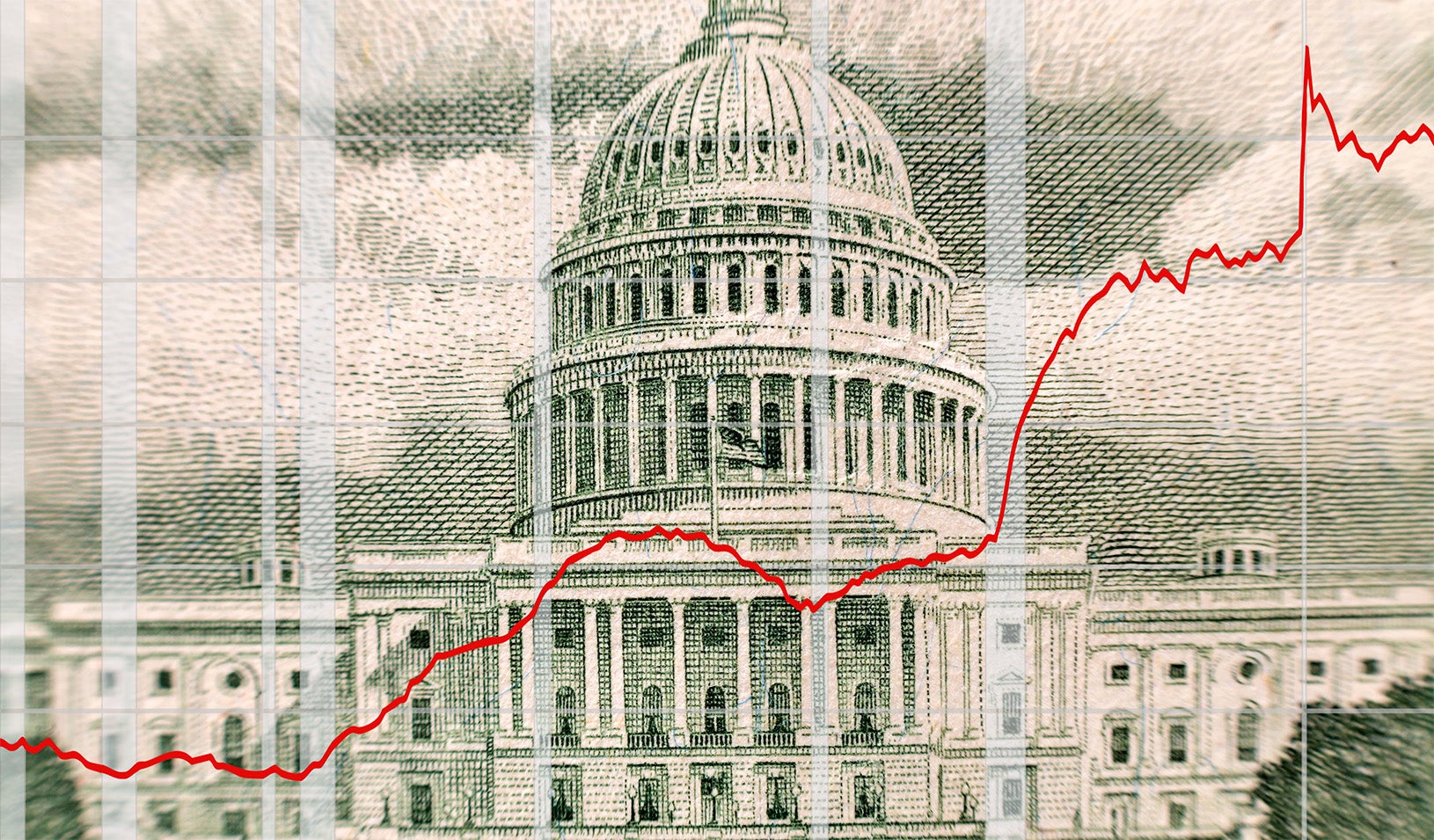January 26, 2015
| by Edmund L. AndrewsIf two speculators want to bet against each other on the future price of a stock, or any other asset, should they be protected from themselves?
Until recently, most U.S. economists and financial regulators answered with a resounding “no.” If two consenting investors want to bet against each other, and if they aren’t hurting anybody else, why should anybody try to stop them? Indeed, speculators can improve markets by digging up valuable new information, by channeling risk, and by increasing the liquidity of trading for buyers and sellers.
But after a financial crisis precipitated in part by reckless speculation on housing and mortgages, regulators pulled a 180. As part of the Dodd-Frank financial reform law, lawmakers formed the Volcker Rule, which aims to prohibit financial institutions from engaging in risky speculation. Now, some scholars argue the government should go even further and establish a financial version of the Food and Drug Administration to prohibit forms of speculation that serve no larger social value.
One Stanford expert, however, says that such restrictions would create more harm than good. They would limit healthy contrarian skepticism among investors, reinforce herdlike behavior, and reduce the liquidity of trading. On a practical level, he argues, it would be almost impossible to distinguish “speculation” from “market-making.”
Darrell Duffie, a professor of finance at Stanford Graduate School of Business and a national expert on financial regulation, points out that speculators provide liquidity to the market. They are willing to take on risks that airlines and many other kinds of companies want to reduce. Trying to isolate and stop speculators who are trading against each other, if that’s even possible, would make it much harder for others who want to reduce risk.
Last year, two defenders of more regulation, Eric Posner and E. Glen Weyl at the University of Chicago, invited Duffie to challenge them directly by presenting his views at a conference they were hosting.
Posner and Weyl make an almost elegantly simple argument that a great deal of speculation amounts to a net loss for society. If two people make opposite bets on the price of oil, they point out, the result will be a wash: One person will win, and the other will lose. In the meantime, however, both of the traders will have taken on additional risk. Regardless of who turns out to be right, they have increased the total amount of risk without increasing the total reward.
Duffie doesn’t dispute the idea that speculation is a zero-sum game, with winners balanced evenly against losers. But he argued that it would still be a mistake to stop opposing speculators from placing their bets. It’s entirely possible, he argued, for two rational people to have opposite beliefs, and the ability to test those beliefs in the marketplace creates an important incentive for getting to the truth. That’s good for the market as a whole, Duffie contends.
“Suppose that one investor believes that an asset market is experiencing a bubble,” Duffie wrote in his paper for the Posner-Weyl conference. “Presumably, most other investors are willing to engage in trade based on the view that prices are not as likely to crash as soon as the skeptic expects. Should society, in principle, attempt to prevent such a trade?”
Duffie is also skeptical that regulators can distinguish between different motivations for trading. Drawing on mathematical modeling, he shows that the characteristics of a trade based purely on a person’s beliefs aren’t necessarily different from a trade based on a person’s risk preferences. These are essentially impossible to separate.
The practical or mechanical challenges are even more difficult. In the real world of trading, brokerage firms bundle together orders from many different investors and allocate them through complex algorithms to investors on the other side of each transaction. It would most often be impossible to isolate cases in which a speculator intends to trade with another speculator.
Finally, Duffie highlights the difficulty of distinguishing between market-making and speculative trading. A market-maker generally agrees to fill all requests to buy and sell a particular asset, which creates a more liquid market and reduces uncertainty for investors. But because holding any asset entails a risk, market-makers need to expect a profit. That profit effectively comes from a form of speculation as well, because the market-maker believes that it can sell the asset at a higher price than it paid its client. Duffie argues that ruling out these trades would make markets less efficient.
Federal financial regulators have been tied up in knots over this conundrum ever since Congress included the Volcker Rule in the Dodd-Frank financial reform law. The Volcker Rule prohibits banks from using their own capital to trade except for the purposes of hedging or helping their clients conduct their own trades.
If regulators were to extend the Volcker Rule and prohibit speculation even by a bank’s customers, the problem would be even messier. At that point, either the market-maker or the regulator might have to deduce the customer’s motivations, which would greatly reduce the immediacy of trading and reduce the ability of market participants to manage their risks. In other words, the desire to reduce risk could actually increase it.
Duffie isn’t against tougher financial regulation. In fact, he has been a leading champion of tightening the rules that govern money-market funds, the trillion-dollar markets for short-term “repo” debt, and a number of other areas of financial activity. And, as he points out in the paper he delivered at the University of Chicago, he has never stepped foot in a casino.
Darrell Duffie is Dean Witter Distinguished Professor of Finance at the Stanford Graduate School of Business. “Challenges to a Policy Treatment of Speculative Trading Motivated by Differences in Beliefs,” Journal of Legal Studies, June 2014.
For media inquiries, visit the Newsroom.






